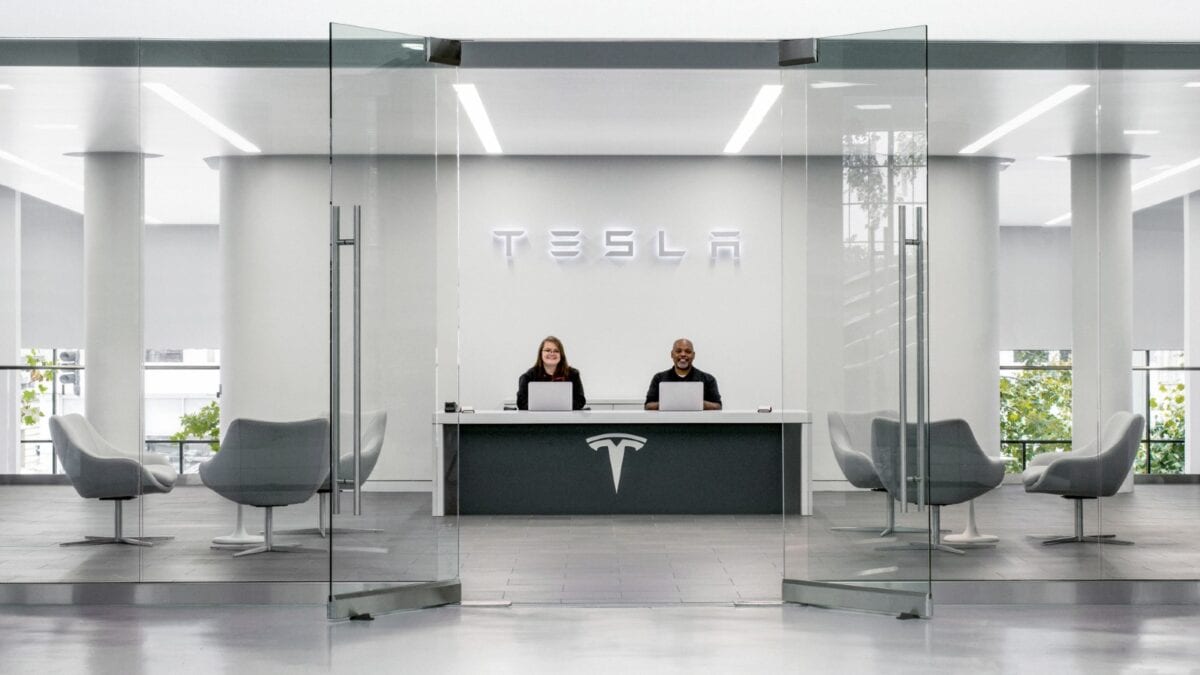Tesla (NASDAQ: TSLA) stock had another stand-out year in 2023, skyrocketing over 100%. However, this momentum seems to have been lost in 2024, with the shares falling 19% this year.
With the shares trading over 50% lower than their all-time high of $407, should I be looking to add this electric vehicle stock to my portfolio? Let’s take a closer look.
Volatile history
Tesla has a notorious history of volatility. The stock currently has a beta of 2.4, meaning that for every 1% the market moves, Tesla shares tend to move 2.4%. As a rule of thumb, I look for stocks with a beta in line with the market to help manage volatility within my portfolio.
In addition to its volatility, the stock trades at a huge price-to-earnings (P/E) ratio of 46. This means that investors value the stock at 46 times its earnings. As an avid value investor, I tend to look for stocks that trade below a P/E ratio of 10.
The Nasdaq, where Tesla is listed, currently has an average P/E ratio of 27. The index largely consists of high-growth stocks. Given that Tesla shares currently trading at a significant premium to this average, it doesn’t fill me with confidence.
In addition to this, analysts at HSBC recently dropped their target price to $146 for the stock, a steep decline from the current price of $199. More worryingly, they identified Elon Musk, Tesla’s CEO, as a “single-person risk” factor. Musk’s vibrant leadership has indeed propelled Tesla to a market-leading position, but there have been many instances where the share price has tumbled off the back of his actions.
Self-driving revolution
Tesla has long led the charge for fully self-driving (FSD) vehicles. While the target of full autonomy is yet to be achieved, Tesla has made significant progress in driving AI-powered FSD already. Human oversight is required at all times, but its vehicles can brake and accelerate on their own, as well as steer and change lanes.
So, what does this mean for business performance? In an interview with CNBC in May last year, Musk announced that the opportunity for AI integration in Tesla’s business model is “gigantic”, adding that “It’d be like selling cars for software margins because, in fact, it is software. And so, instead of effectively having, say, 25% margins, it might be 70%, or more”.
If Tesla is able to achieve this kind of margin expansion, its profits would soar. This would no doubt fuel a boom in share price.
Should I buy now?
Personally, I like to target lower-risk, high-yielding stocks. Unfortunately, Tesla does not fit this bill. The story is exciting of course, and I will continue to closely follow Elon Musk on his journey to full self-driving cars. However, the high volatility and punchy valuation are too much for me to ignore. At $199 I won’t be buying.
Credit: Source link














